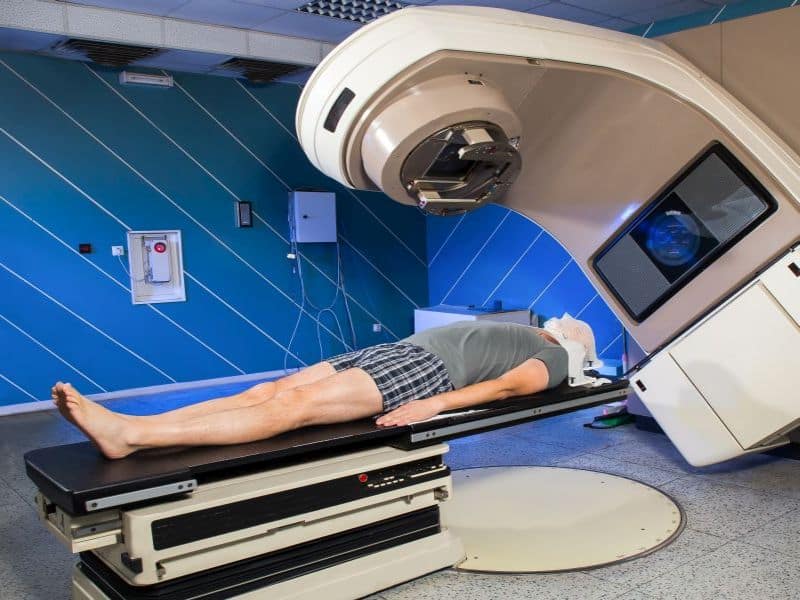In breast cancer patients, there is an elevated risk of developing osteoporosis during treatment which should be addressed by optimizing 25(OH) levels.
The aim was to assess the prescription, information and physician-patient communication on vitamin D and bone density in Germany.
We developed a standardized questionnaire concerning bone density measurement, vitamin D (blood level testing, prescription), information and communication regarding vitamin D. The questionnaire was distributed at the annual meeting of all group leaders of the Women’s Cancer Support Association to all participants.
Overall, 224 participants completed the questionnaire; 77.7% reported having had at least one bone density measurement test. The number was 84.4% in patients treated with aromatase inhibitor and 43.7% reported that their bone density was too low. In total, 51.3% patients reported at least one vitamin D blood test and 45.1% reported that vitamin D had been primarily addressed by a physician. As many as 74.1% of those reporting a test result had a deficiency; 91.6% of those with a low level got a prescription and 28.4% took vitamin D autonomously.
The awareness on risk of osteoporosis, prevention, early diagnosis and treatment are insufficiently addressed in a patient group with high risk of osteoporosis. More attention should be paid to the phenomenon of vitamin D deficiency or insufficiency in routine care.














